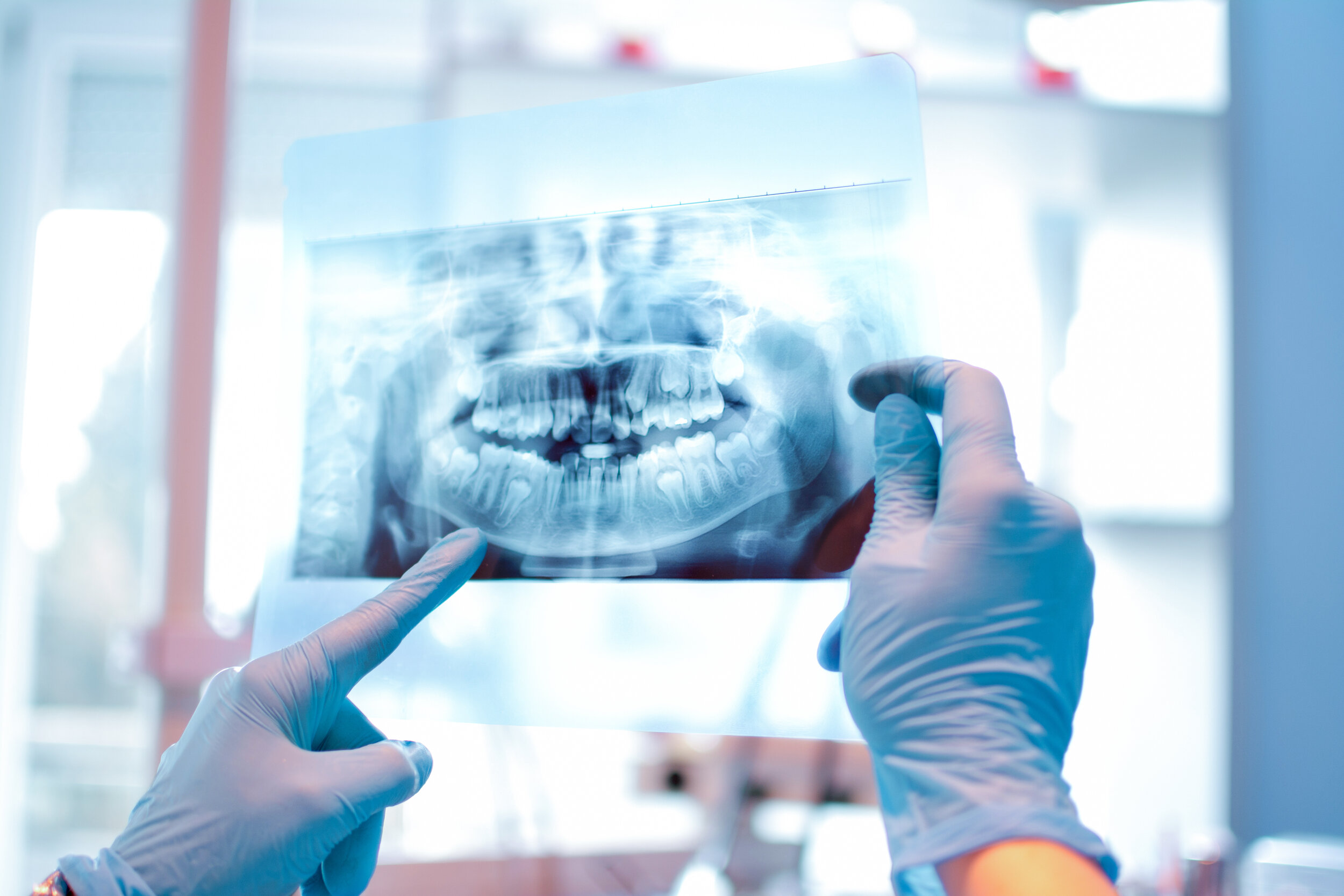Emergency Care
Broken, Chipped, Cracked, or Loose Tooth & Crowns
Accidents happen! If you’ve experienced a broken or chipped tooth, give us a call as soon as you can. Typically, the larger the break the more urgent it is to get to your dentist. If the tooth is severely sensitive or painful, you may have exposed the nerve of the tooth. Give us a call at 208-922-2000 to speak with us.
When you see us for a broken or chipped tooth/crown, we’ll make sure to carefully examine the tooth and everything around it to ensure no further damage was done. Our goal is to get you out of any pain you may be experiencing, and restore your tooth to its original glory.
Infections & Root Canals
What is a root canal?
Root canal treatment is designed to eliminate bacteria from the infected root canal, prevent reinfection of the tooth and save the natural tooth. When getting a root canal, the inflamed or infected pulp is removed and the inside of the tooth is carefully cleaned and disinfected, then filled and sealed.
Why do I need a root canal?
Inside your tooth, beneath the white enamel and a hard layer called dentin, is a soft tissue called pulp. This tissue contains blood vessels, nerves and connective tissue, which help grow the root of your tooth during its development and provide sensation to your tooth. The pulp can become inflamed or infected by invasion of bacteria or by trauma. If bacteria create a cavity deep enough into your tooth, they will infect the pulp causing severe pain to cold liquids and/or to chewing.
Alternatively, if you have traumatized your tooth the pulp can spontaneously die and decay, causing an infection in the bone around the tooth. Either way, this is not good for your overall health and should be treated by removing the culprit of the infection - the pulp.
What to expect?
Modern root canal treatment is nothing like those old sayings! It’s very similar to a routine filling and can usually be completed in one or two appointments, depending on the condition of your tooth and your personal circumstances. Getting a root canal is relatively painless and extremely effective.
When you have a root canal, the doctor first numbs the area, then makes an opening in the top of your tooth. The pulp is then removed from inside your tooth and the empty canal is prepared for a special filling and dental sealer.
What happens after a root canal?
After the root canal is completed, you’ll have a permanent restoration placed to fill the opening in the top of the tooth. For back teeth it is best to have a crown placed over this tooth to prevent any chance of fractures or reinfection.
Other Emergencies
Severe pain, Infections & Root Canals
Do you have pain when biting or chewing? How about pain or sensitivity to cold drinks or foods? Or maybe you’ve noticed a large hole in your tooth? Call us at 208-922-2000 to see us as soon as possible!
Infected teeth can be severely painful and bring even the strongest people to their knees. We want to alleviate that pain for you. When you see us, we’ll ask for a full health history and a detailed description of what’s happened with your painful tooth. The doctor will carefully examine that area to ensure they know exactly what treatment is necessary, which may include a root canal. If this is the case, our team will work with you to make your appointment is as easy as possible.
Knocked Out A Tooth
If you’ve knocked out a tooth or have loosened a tooth that shouldn’t be loose, give us a call at 208-922-2000 as soon as possible! If your tooth has completely come out of the gums and bone, place it in a small container with milk, water or saline (water w/ scoop of salt) and bring it to a dentist within the hour if possible. If you’re unable to make it to a dental office within an hour, be seen by a dentist as soon as possible. Depending on the situation, teeth can be put back in place and left to heal over the course of 4-12 weeks. In many instances these teeth will need a root canal but can be saved, avoiding the need for a bridge or implant.
Other Emergencies?
Are you experiencing pain in your mouth, head or neck? There are many causes for aches and pains, but one thing is for certain - we don’t want them! Call us at 208-922-2000 today to be seen for any dental pains or emergencies you might have.



